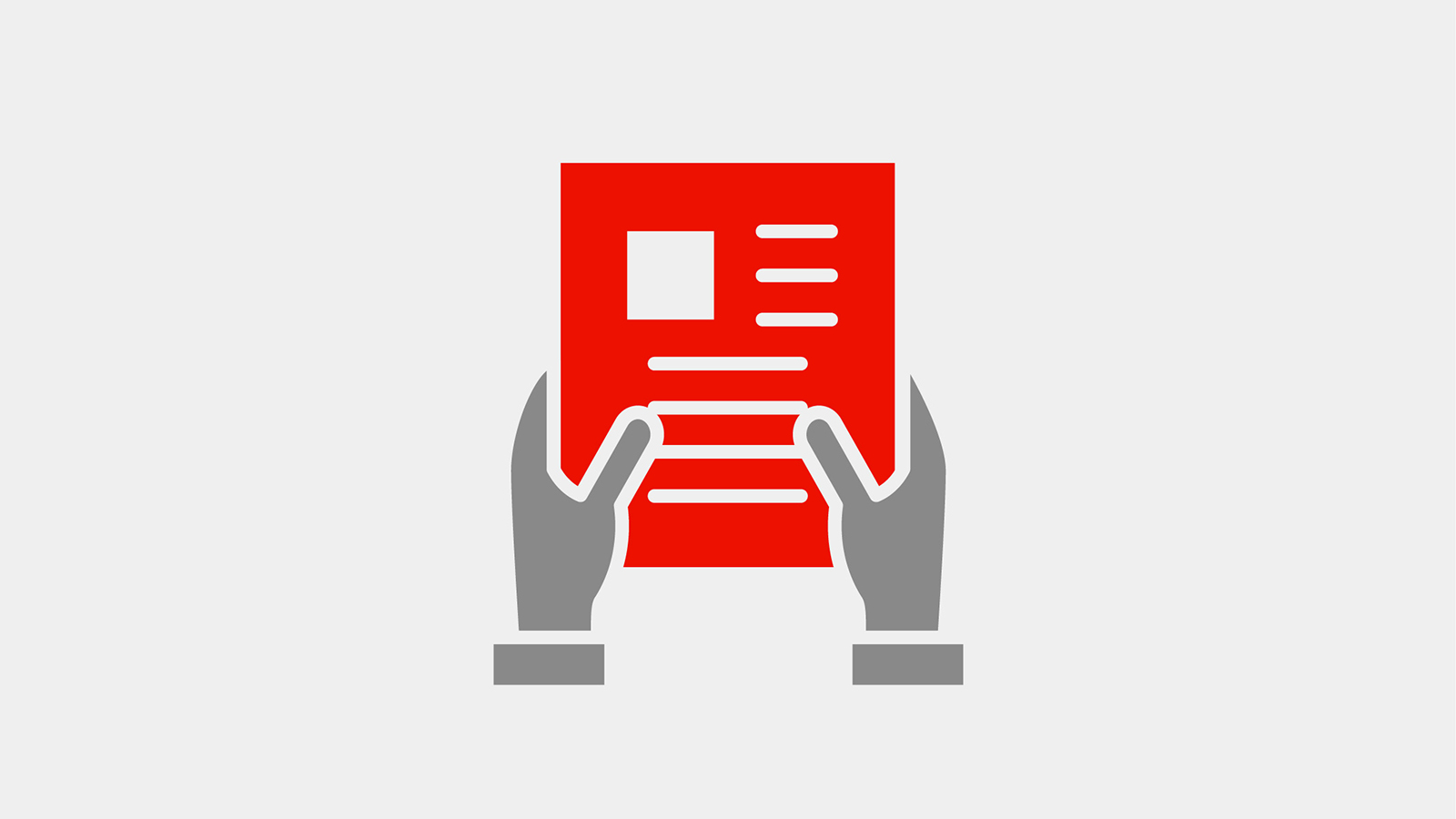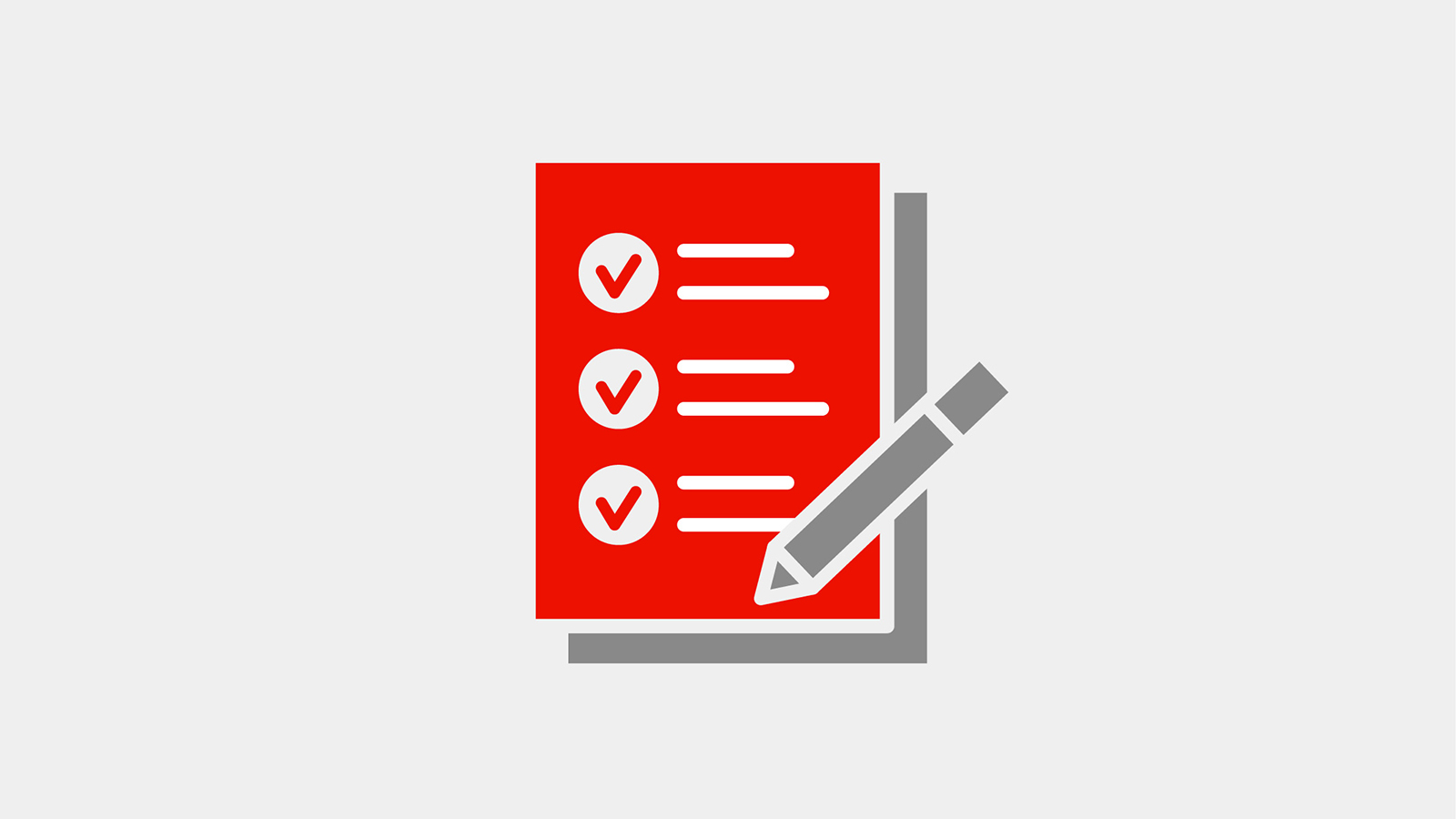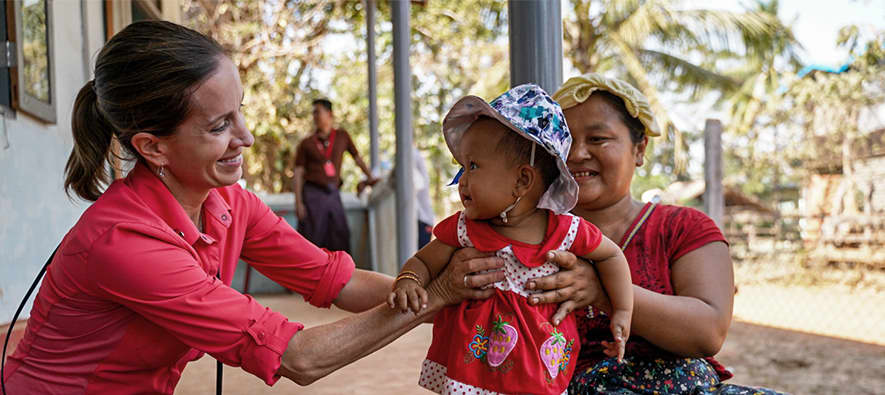
Apply for Funding: Takeda Global CSR Program Process
STEP 1. Applicants

Proposal Submission
Interested applicants should register on Takeda’s Digital CSR Donation Management System to receive news and updates about the Request for Proposal (RFP). Upon the launch of new RFPs, Takeda will post the published RFP document on Takeda’s global website and the Digital CSR Donation Management System. The RFP includes guidance on thematic priorities, eligibility criteria, technical approach and budget templates, and other relevant guidelines. Applicants have a specific timeframe for Q&A until final proposals are due for submission. All proposals must be submitted in English by the deadline indicated in the RFP document through the Digital CSR Donation Management System.
STEP 2. Takeda Global CSR Team

Initial Screening and Technical Review
All received proposals are initially screened for completeness and eligibility. If the proposal does not pass the initial screen, the proposal is not considered for further technical review.
|
FY2023 Evaluation Criteria |
Weight |
|
Responsiveness to RFP guidance and alignment with Global CSR Program priorities |
10% |
|
Compelling reason to fund (e.g., meaningful difference program makes, unique capabilities and experiences of applicant org and its partners, creativity/innovation of approach and impact) |
10% |
|
Strong approach (e.g., clarity and effectiveness of program approach; measurable and achievable outcomes, demonstrated local demand, and program clear understanding of challenges being addressed and appropriateness of solutions) |
25% |
|
DE&I impact (e.g., are program teams and activities designed in ways that reduce disparities, draw on local expertise and leadership, and demonstrate an understanding of equity issues in relation to the populations they are seeking to serve and empower) |
20% |
|
Sustainable impact (e.g., engagement of local partners, transition of ownership, lasting results for people and the planet) |
20% |
|
Efficient & impactful use of resources |
15% |
Proposals are scored and ranked accordingly.
STEP 3. Applicants

Final Review
A finalist set of qualifying applicants are identified. Some may be invited to interview virtually with the Takeda Global CSR Team to further assess the quality of the proposal, clarify expected outputs and outcomes, and budget details and request appropriate modifications to then program plan. Finalist applicants are then invited to submit a summary slide in support of the Employee Vote process.
STEP 4. Takeda Employees

Employee Vote
After the CSR Application Review Committee has conducted Takeda’s rigorous technical review, qualified summary slides of shortlisted applications are uploaded to the Takeda Intranet and made available in all of Takeda’s major business languages. Employees are also educated about shortlisted program proposals through internal townhalls and webinars. All of Takeda’s employees cast their votes based on their review of this information.
STEP 5. Takeda Global CSR Team and Applicants

Award Notification and Donation Agreement
Takeda notifies finalists selected by the Employee Vote of their selection status by email in July of the RFP year. Applicants are required to enter into a donation agreement with Takeda, no later than three months from award notification for public award announcement in early September.
STEP 6. Awardees

Monitoring and Evaluation
The awardees are responsible for tracking and reporting on program progress in close alignment with the objectives and program results framework articulated in the application. Awardees do this through submission of periodic reports using Takeda’s progress report templates submitted through our Digital CSR Donation Management System. Takeda is responsible for reviewing the performance of the program and working to understand key impact and learnings—through conversations with the awardee, review of progress reports, and Learning Trip site visits.
Past Request For Proposals (RFP)
Download 2022 Request For Proposals (RFP)
